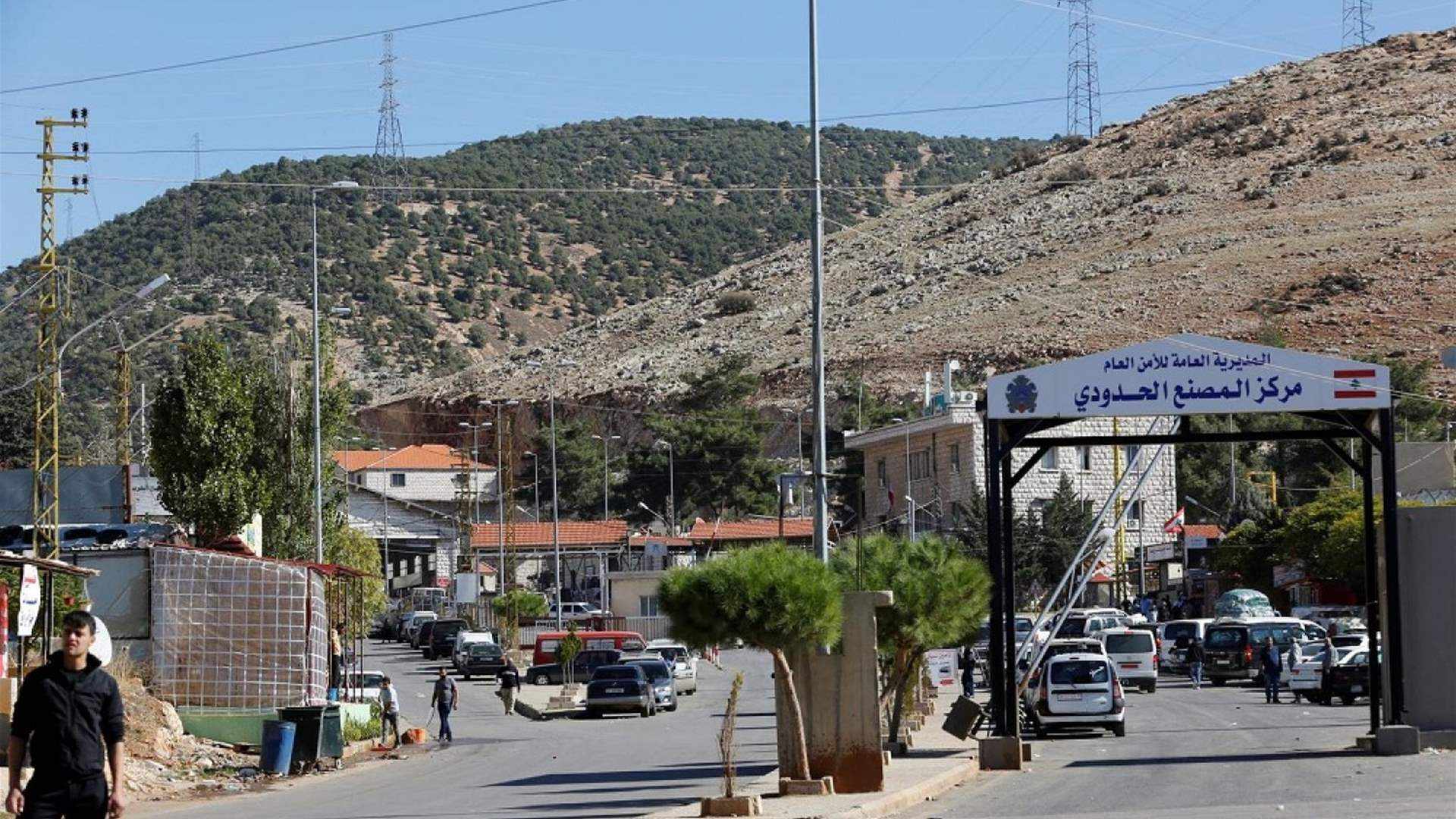Q&A with the Bus Map Project’s Chadi Farraj, on the impacts of coronavirus measures on Lebanese public transport
- Date: 27-Jul-2020
- Source: Executive Magazine
- Sector:Real Estate
- Country:Lebanon
Q&A with the Bus Map Project’s Chadi Farraj, on the impacts of coronavirus measures on Lebanese public transport
Reading Time: 4 minutes
Among the many aspects of our daily lives that were perceived in a new light following the four months since Lebanon introduced coronavirus-related safety and lockdown measures was the way we move from one place to another.
Not allowed to use their cars on Sundays and only on alternative weekdays from April 5 to June 15, Lebanese were forced to either walk, ride a bicycle, or take a bus, cab, or service (shared taxi). This was a novel experience for some and the hope for public transport proponents is that the mobility habits picked up in that period would be carried into the future, especially since they may be needed now that the economic crisis has made driving potentially costlier (the price of spare parts has increased and there have been proposals to remove government subsidies for fuel).
The economic crisis has also had an impact on the drivers within the informal public transport system, especially since they were prevented from working during parts of the COVID-19-related lockdown measures. With the rising cost of living, the Ministry of Public Works and Transport officially increased fares from LL2,000 per service to LL3,000 and from LL1,000 to LL 1,500 per van/bus



















